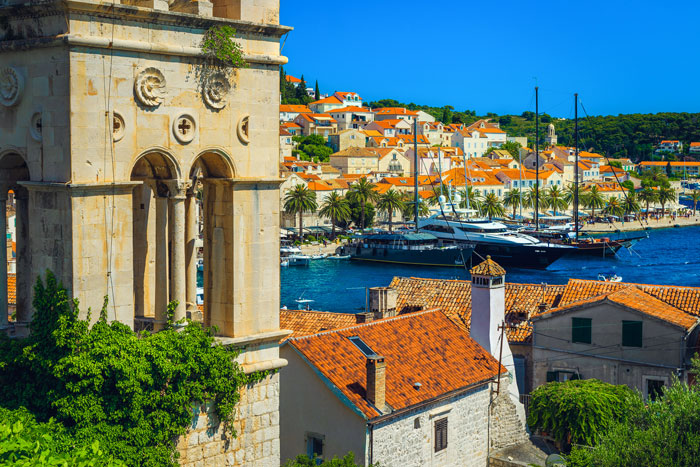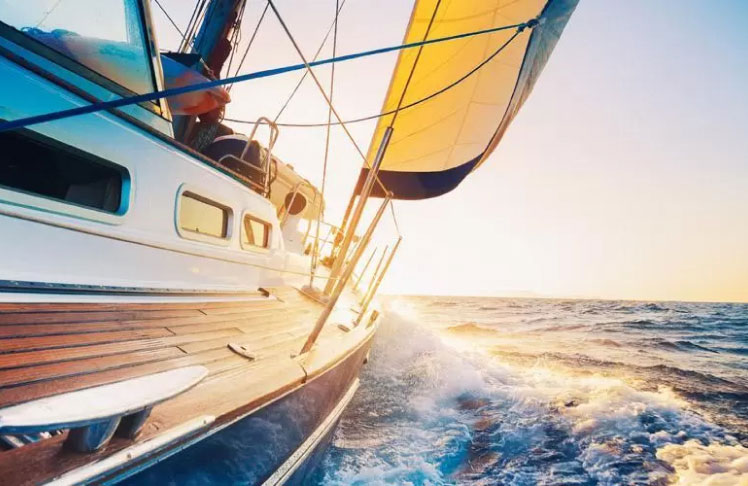Anchoring in Croatia: Tips, Tricks, Rules, and Laws
Croatia, with its stunning coastline, crystal-clear waters, and over a thousand islands, is a sailor’s paradise. Anchoring in Croatia allows you to experience this Adriatic gem in all its glory. However, to ensure a safe and enjoyable experience, it’s essential to be familiar with the tips, tricks, rules, and laws associated with anchoring in Croatian waters.
Rules and Laws for Anchoring in Croatia
Permits and Fees:
- Boaters must pay a tourist tax (nautical tourism fee), calculated based on the length of stay and the taxing zone of marina of departure. This is usually paid upon check-in before departure from the marina.
- Although anchoring is mostly free, some anchorage areas, especially in national parks, nature parks and protected areas, require permits and may charge anchoring fees.
Anchoring Restrictions:
- Certain zones prohibit anchoring to protect underwater cables and installations, habitats, archaeological sites, or for security reasons.
- Always look out for and respect signs and markers indicating no-anchoring zones.
Harbour Master Offices:
- It’s not necessary to report your stay at anchor (yachts and ships over certain sizes need to ask for anchor permit in certain areas, consult your charts and pilot books), but there are regular inspections by Harbourmaster officers, maritime police and park rangers (in case of anchoring in national or nature parks), so remember to keep all necessary documents on board, including registration, insurance, and skipper’s license.
Safety and traffic Regulations:
- Black ball day shape and white, 360° anchor light are mandatory at anchor.
- Landlines are a usual way to keep your boat from swinging at anchor, but make sure your landlines are as short as practically possible, that they are well marked and visible, and not obstructing regular traffic flow. Also, tying a landline to trees is forbidden
- Do not anchor in busy canals and straits
- Do not anchor within 150 m from designated buoyage field and in close perimeters of ports and marinas
- Respect the right of swing – the right belongs to the boat already on anchor, do not impede with his swing and radius
- Respect other people’s anchors and don’t anchor over other boats’ anchor chain (if unsure of the position of their anchor chains, ask the skippers on their boats)
- Equip your boat with mandatory safety gear, such as life jackets and fire extinguishers
Environmental Protection:
- Respect the regulations on waste disposal and sewage management (your black water valves need to be closed)
- Avoid actions that could damage the marine environment, like anchoring on Posidonia fields or dumping waste.
- Avoid using strong chemicals, cleaning agents, or aggressive cosmetics
Safety and comfort
- When anchoring, make sure you have sufficient food, water and electricity
- Observe weather forecast and changes in wind. Pilot books have plenty of information about anchorages and their suitability for specific weather conditions
Respect Local Communities:
- Avoid anchoring too close to residential areas to maintain privacy and reduce noise disturbance.
- Be mindful of local customs and regulations, respect the local population and do not cause unnecessary disturbance

